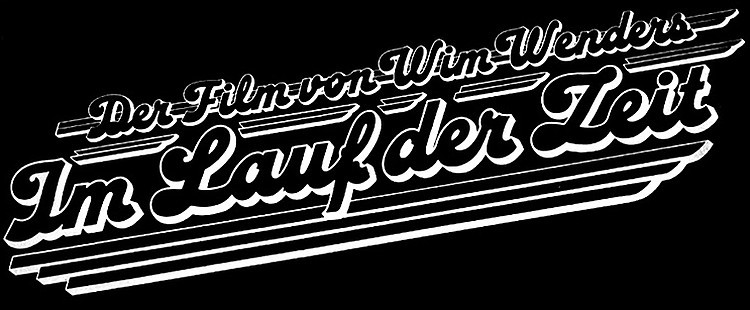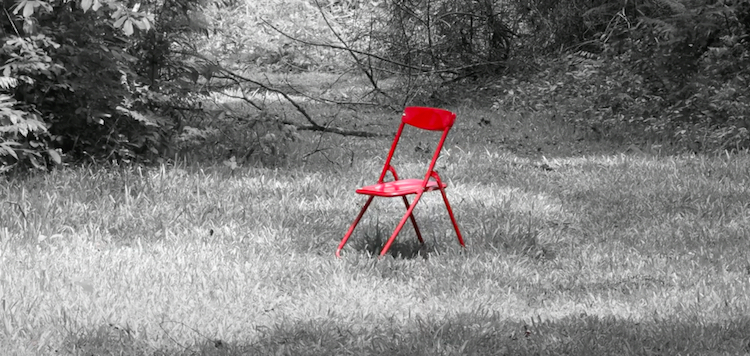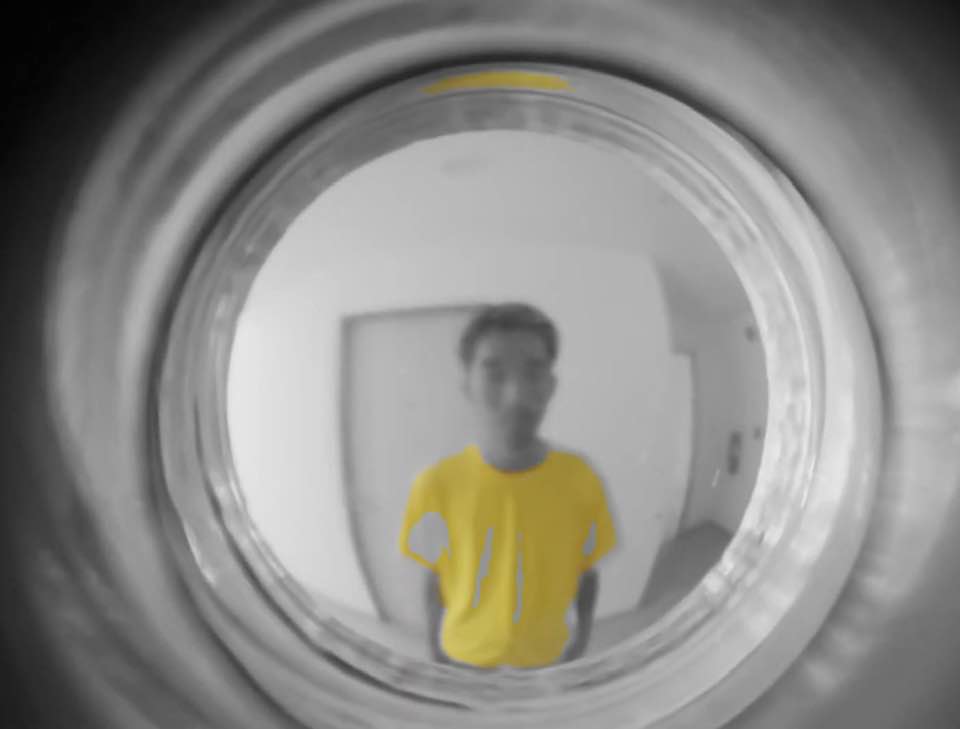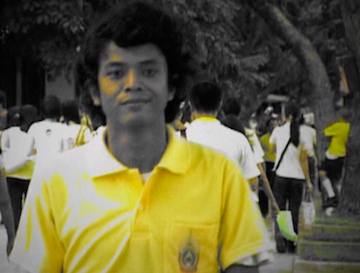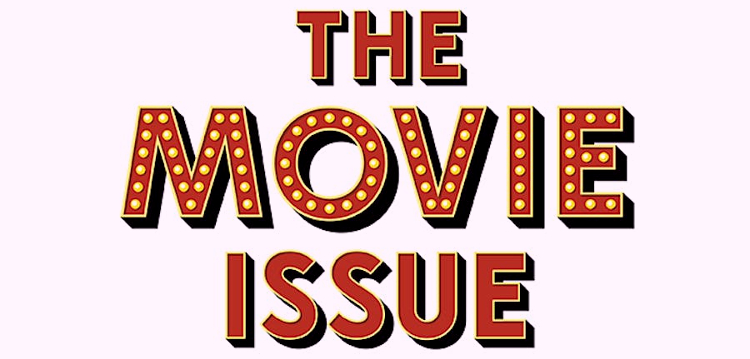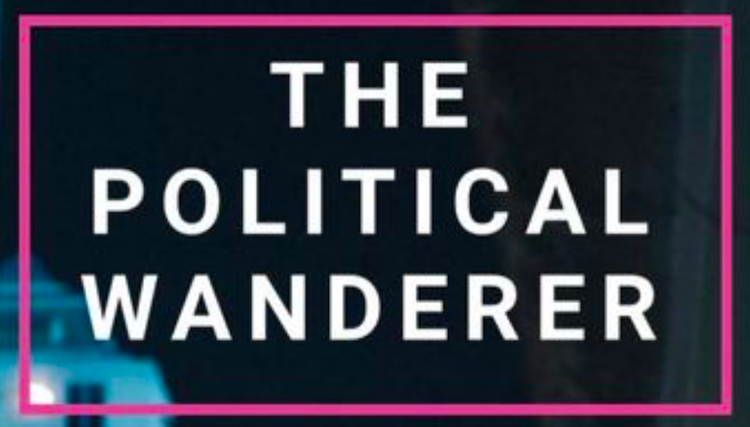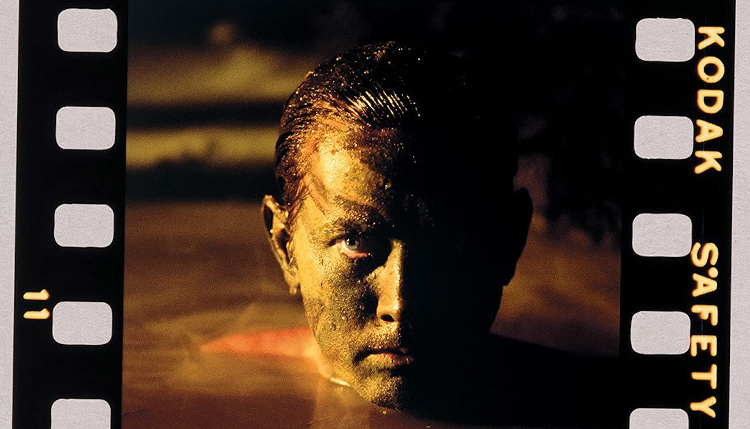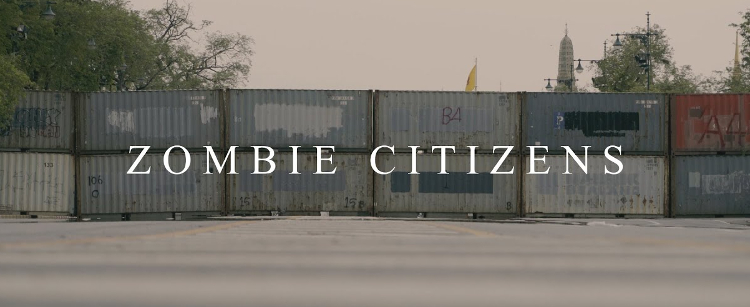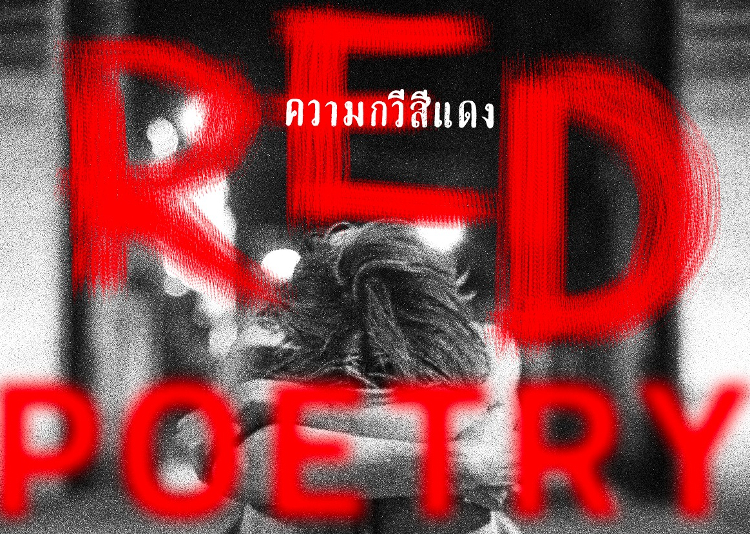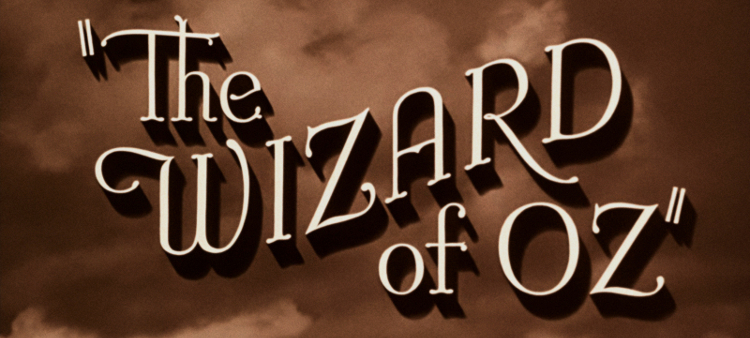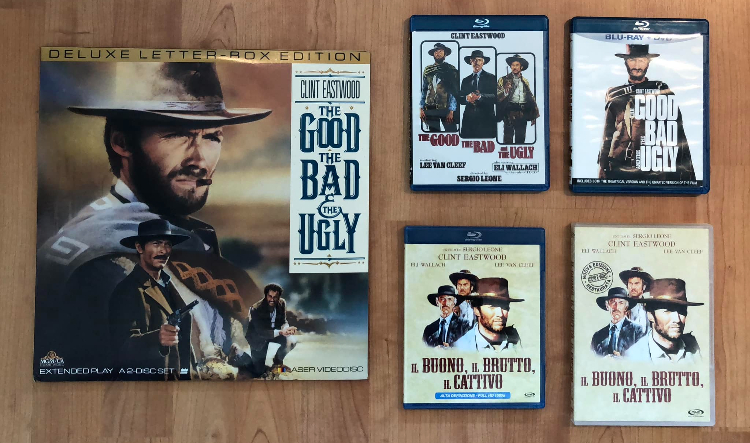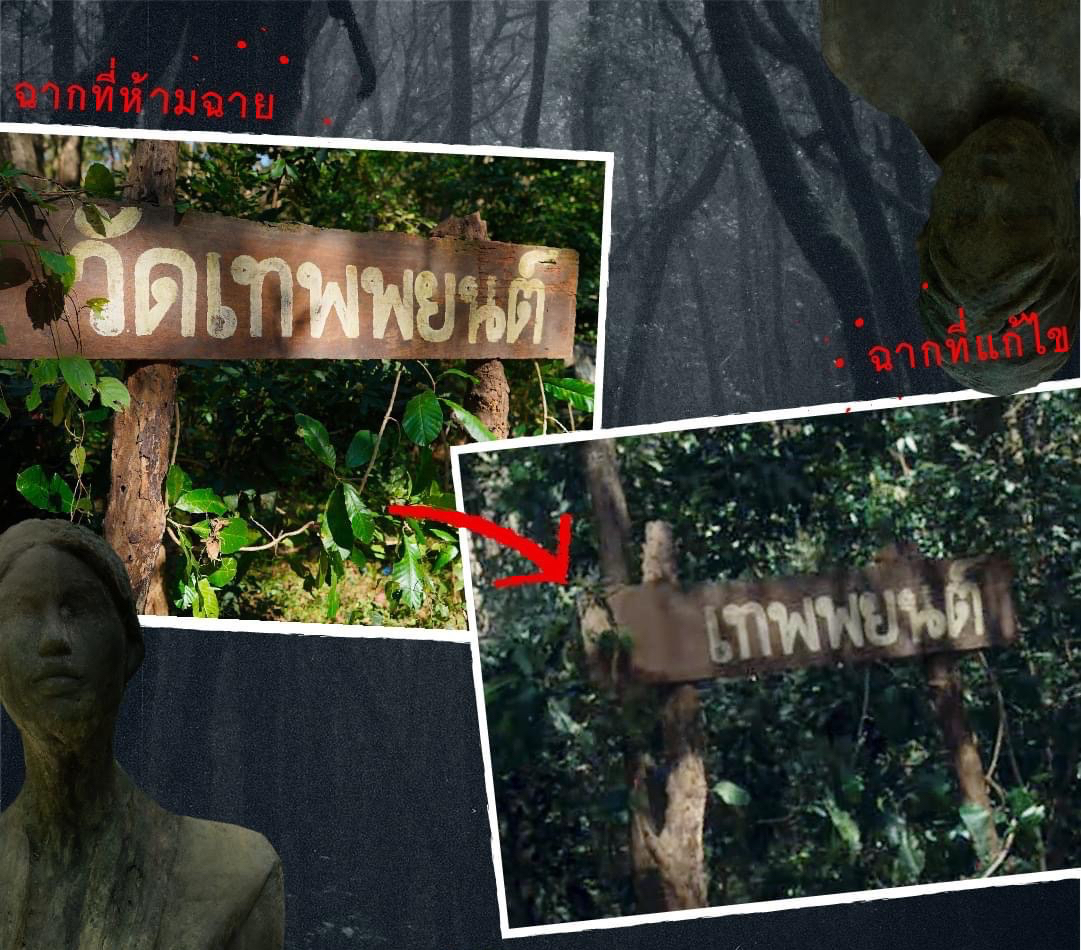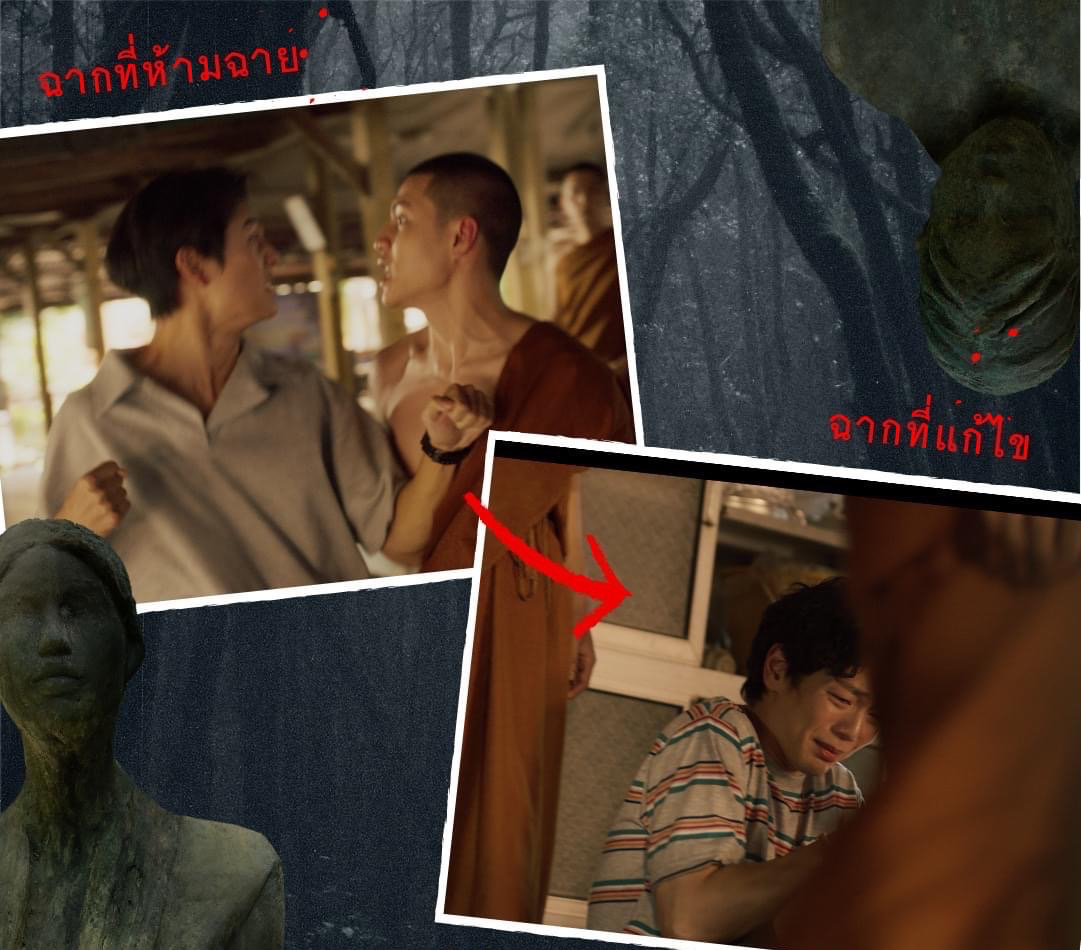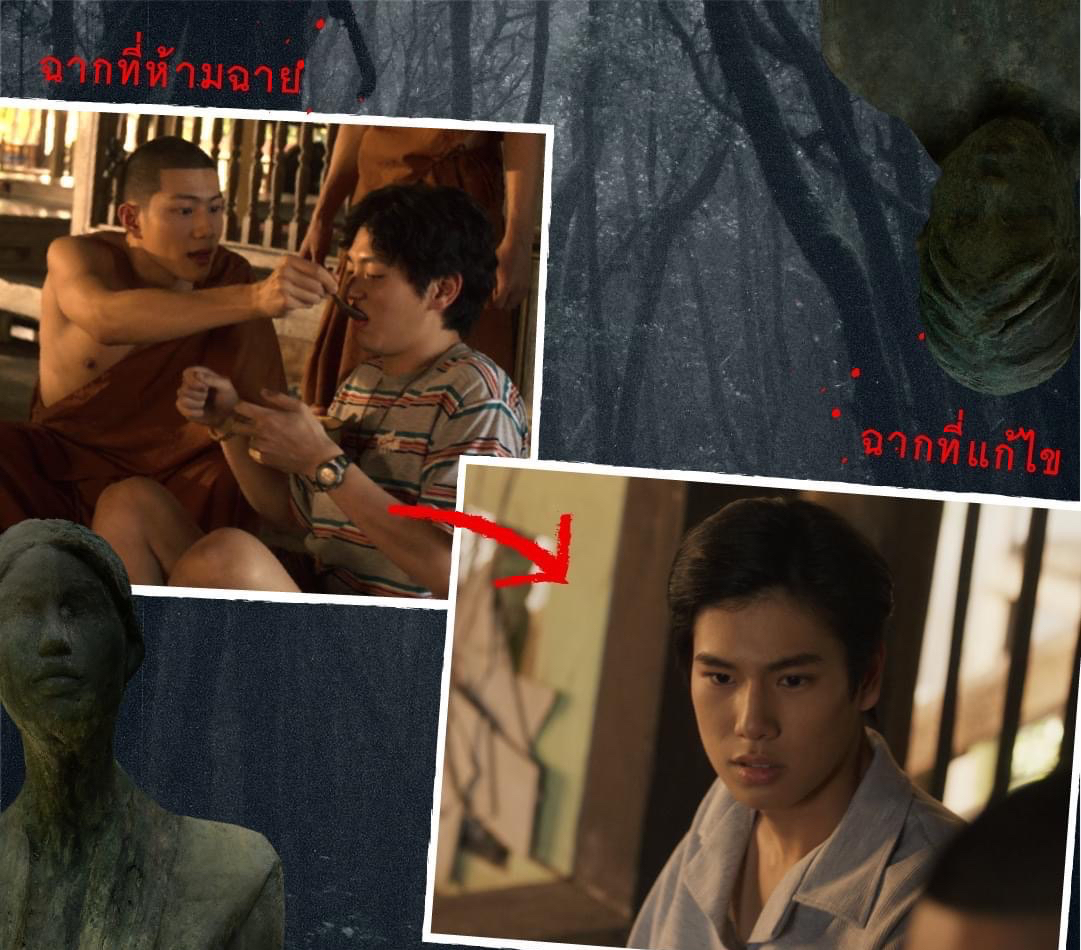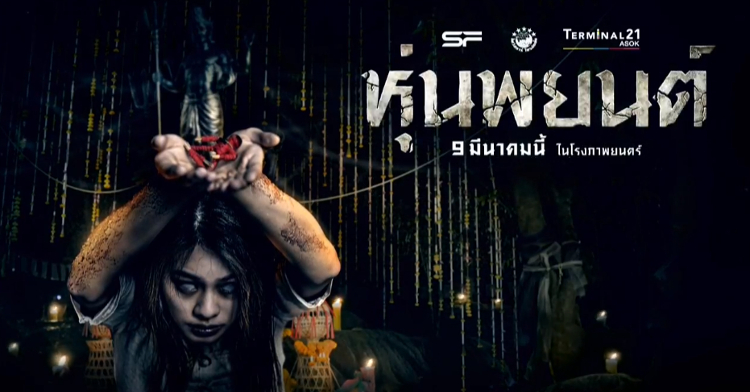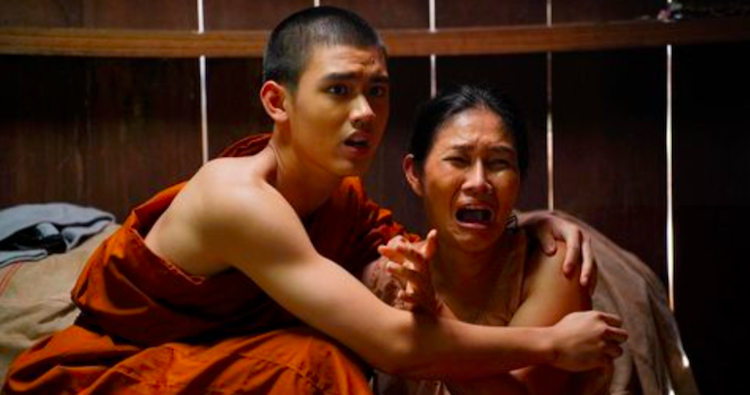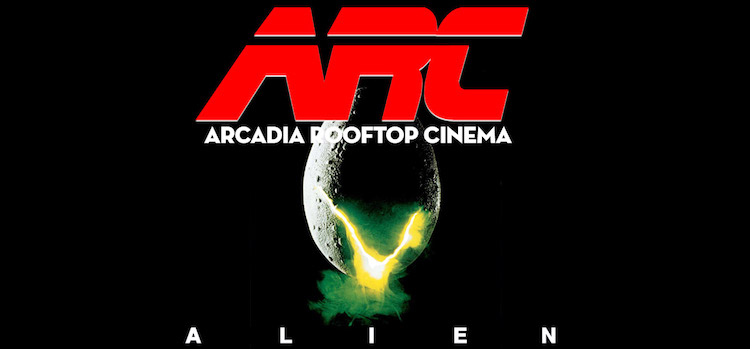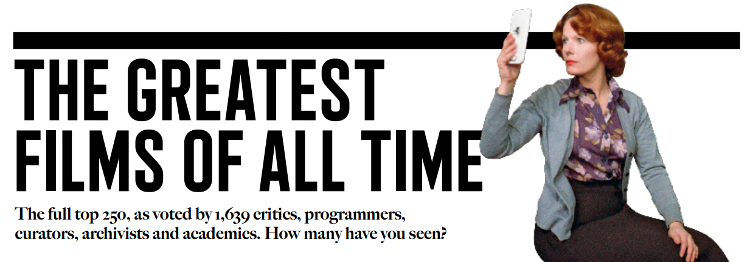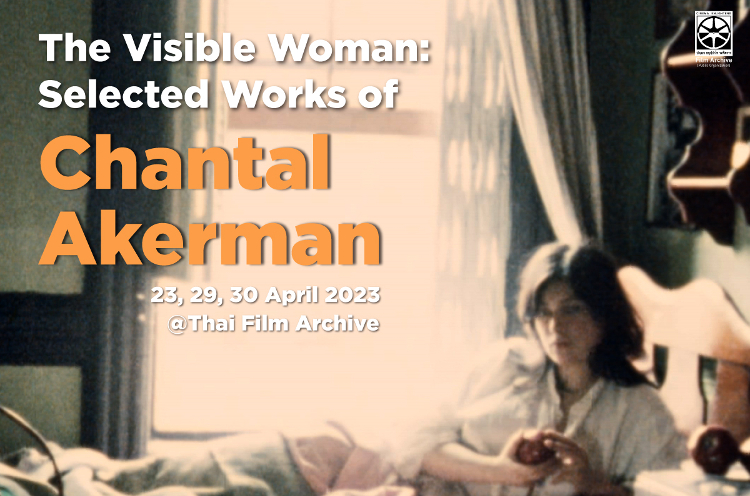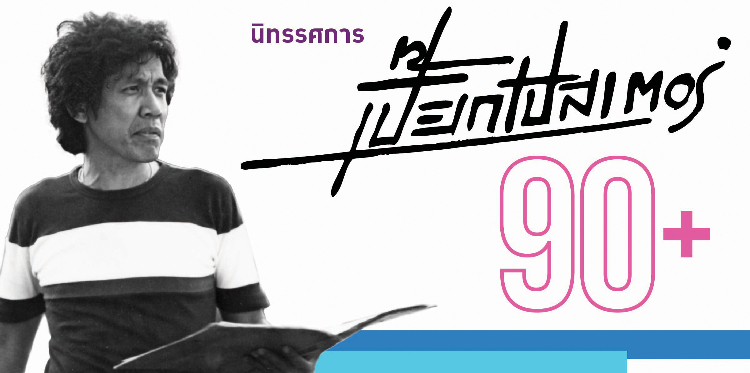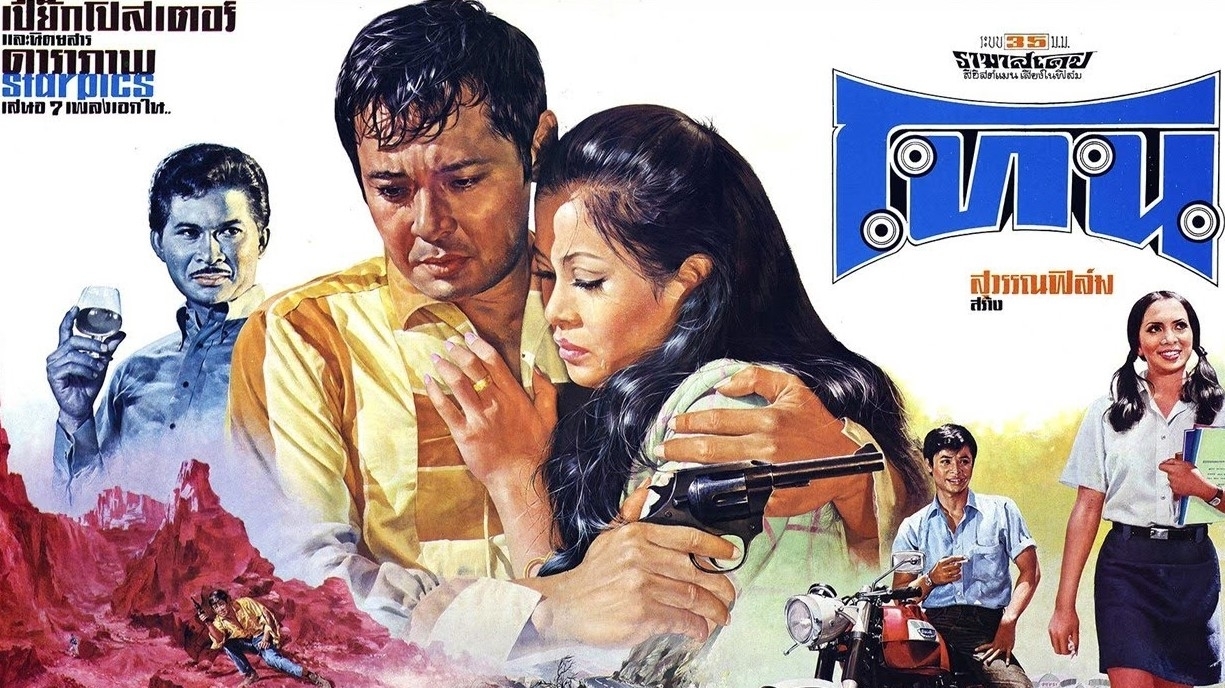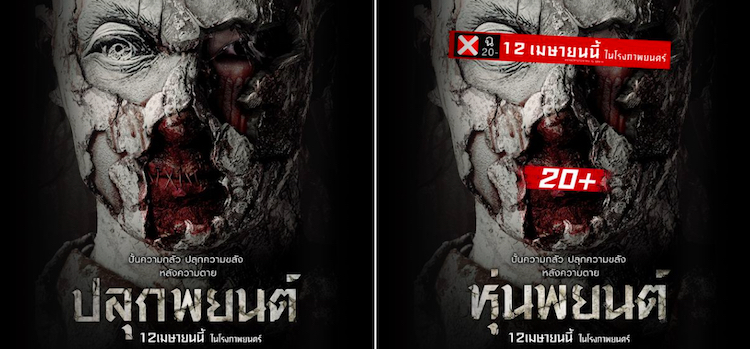
When the Thai horror film
Hoon Payon (หุ่นพยนต์) faced
censorship and a restrictive ‘20’ rating, its distributors announced
a plan to release it simultaneously in two versions:
Hoon Payon—with the ‘20’ rating imposed by the censors—and
Pook Payon (ปลุกพยนต์), with a lower ‘18’ rating though paradoxically four minutes longer. Both versions contain the same level of violence, which is much less than that of many other Thai horror films—such as the gory
Art of the Devil II (ลองของ), for example, which was passed by the censors before the rating system existed—making the ‘20’ rating seem rather punitive.
Mindful of how monk characters have often been censored in Thai films (as discussed in
Thai Cinema Uncensored), the studio had already taken precautions at the script stage. The film stresses that the abbot (Luang Nha) and his accomplice (Tudd), who are ultimately responsible for the black magic at the heart of the plot, are not real monks. As another monk (Gla) tells the abbot: “You are never ordained to become a monk” [
sic]. Similarly, the film revolves around a local superstition, not the Buddhist religion. The various killings are carried out—spoiler alert—by a lay character (Tae), a novice (Kun), and a monk (Tee), though the novice and monk are possessed spirits, not living people.
Despite this, the censors initially required edits to several scenes in
Hoon Payon before granting the ‘20’ rating: novice monks fighting and swearing while wearing saffron robes, novices bullying another young boy, a novice hugging his mother, and the recitation of one of the Buddhist precepts during a murder scene. They also raised concerns about the actors playing novices all having eyebrows (as monks are required to shave their body hair before ordination), and references to the Wat Teppayon temple were also deemed inappropriate.
After negotiations between the censors and the film studio, some of this ‘unacceptable’ material was cut, though some remains intact (in both versions). The novices—and, indeed, the full-fledged monks—still have eyebrows, as presumably it was too expensive to remove them all with CGI. Novices are shown swearing (“
Hia!”/“Shit!”). One novice (Kun) bullies a young boy (Tae), calling him a “retard”. Another novice (Breeze) hugs his mother, comforting and protecting her. The second Buddhist precept (“stealing is a sin”) is recited by Tae while he hangs a monk (Tudd) for stealing temple funds.
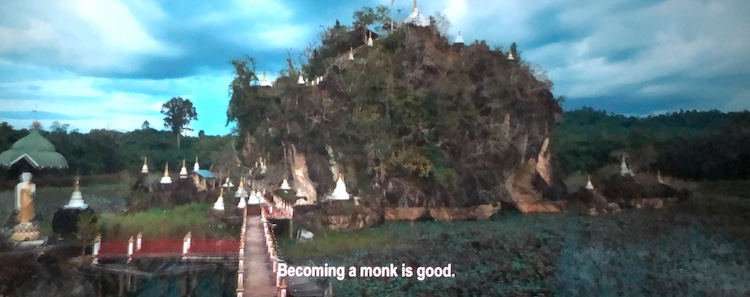
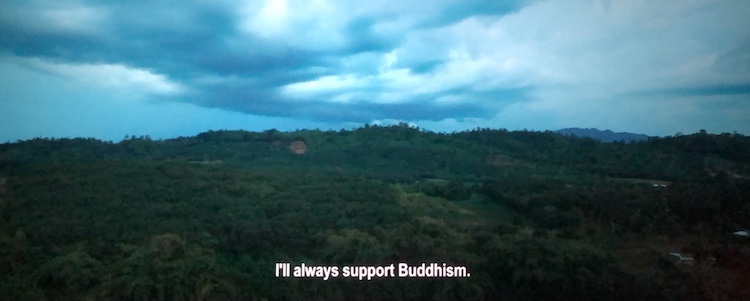
As part of its marketing campaign, the studio claimed on Facebook: “ไม่ตัดฉาก!!” (‘no scenes cut!!’), and it’s true that no entire scenes have been removed, though some individual shots have been censored. In both versions, the intensity of the bullying scene has been reduced: shots of Kun spoon-feeding Tae, and the protagonist (Tham) raising his fists to fight the bully, have both been replaced with reaction shots. The temple sign has also been changed, using CGI: the original sign, “วัดเทพพยนต์” (‘Teppayon temple’), became “เทพพยนต์” (‘Teppayon’). But although the sign was modified, the soundtrack wasn’t: in both versions, the Thai dialogue (“วัดเทพพยนต์”) and the English subtitles (“Teppayon temple”) use the temple’s full name.
Most of the extra footage in Pook Payon is barely noticeable, even after watching both versions back-to-back. But in the most conspicuous additional scene, clearly tacked on to appease the censors—with earnest, didactic dialogue, out of place in a horror film—a lay character (Jate) resolves to become a monk, and Gla tells him: “Becoming a monk is good... it’s best that we hold onto Buddhism.” Jate answers with equal sincerity: “That’s right. I’ll always support Buddhism.” Amen!
